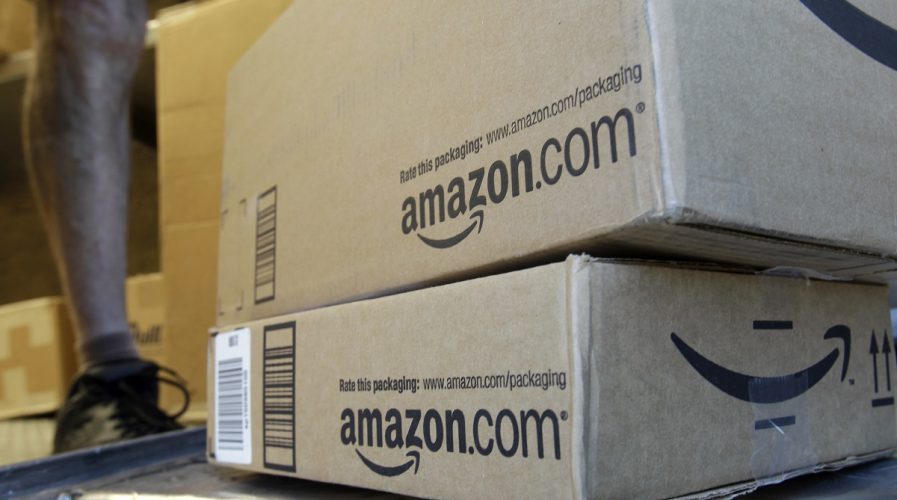
Amazon’s wants to keep up its same-day delivery service with a new fleet of couriers. Pic: AP
India: Amazon’s push for new retail model creates unfair advantage, say local rivals
AMAZON has renewed lobbying for a hybrid e-commerce model where online retailers can both act as a marketplace for other vendors and stock products themselves.
The U.S. firm told policymakers at a meeting in Delhi last month that this hybrid approach could bolster Prime Minister Narendra Modi’s “Make-In-India” initiative, two people aware of the development told the Economic Times.
But local rivals Flipkart and Snapdeal oppose the move, which ET’s sources say is due to the fact that such a hybrid model would be most advantageous to the American company. At present, companies with foreign direct investment can’t sell directly to Indian consumers either online or offline. The big online retailers effectively operate a marketplace where merchants register to sell their goods.
SEE ALSO: India: Flipkart comes out on top of e-commerce race to conquer Diwali sales
“If we are really serious about Make-In-India, then a hybrid model allows Amazon to bring in and buy products from these disadvantaged small and medium manufacturers like we do globally,” said Amit Agarwal, country head for Amazon India in an interview with ET last week.
“(It) will increase the selection on the platform, which will bring in more traffic and allow sellers to become larger and manufacturers to grow.”
But a spokesperson for Snapdeal told ET that a hybrid model is based on an “inherent conflict of interest” and will create a “perpetually uneven playing field” with cheap imports pricing Indian manufacturers out of the market.
Market leader Flipkart also opposed the suggestion. “The current policy that’s in place is well thought-out and suits a developing economy like India. It also provides ample growth opportunities for emerging businesses and benefits thousands of small manufacturers and sellers across the country,” a Flipkart spokesperson told ET.
READ MORE
- Ethical AI: The renewed importance of safeguarding data and customer privacy in Generative AI applications
- How Japan balances AI-driven opportunities with cybersecurity needs
- Deploying SASE: Benchmarking your approach
- Insurance everywhere all at once: the digital transformation of the APAC insurance industry
- Google parent Alphabet eyes HubSpot: A potential acquisition shaping the future of CRM
